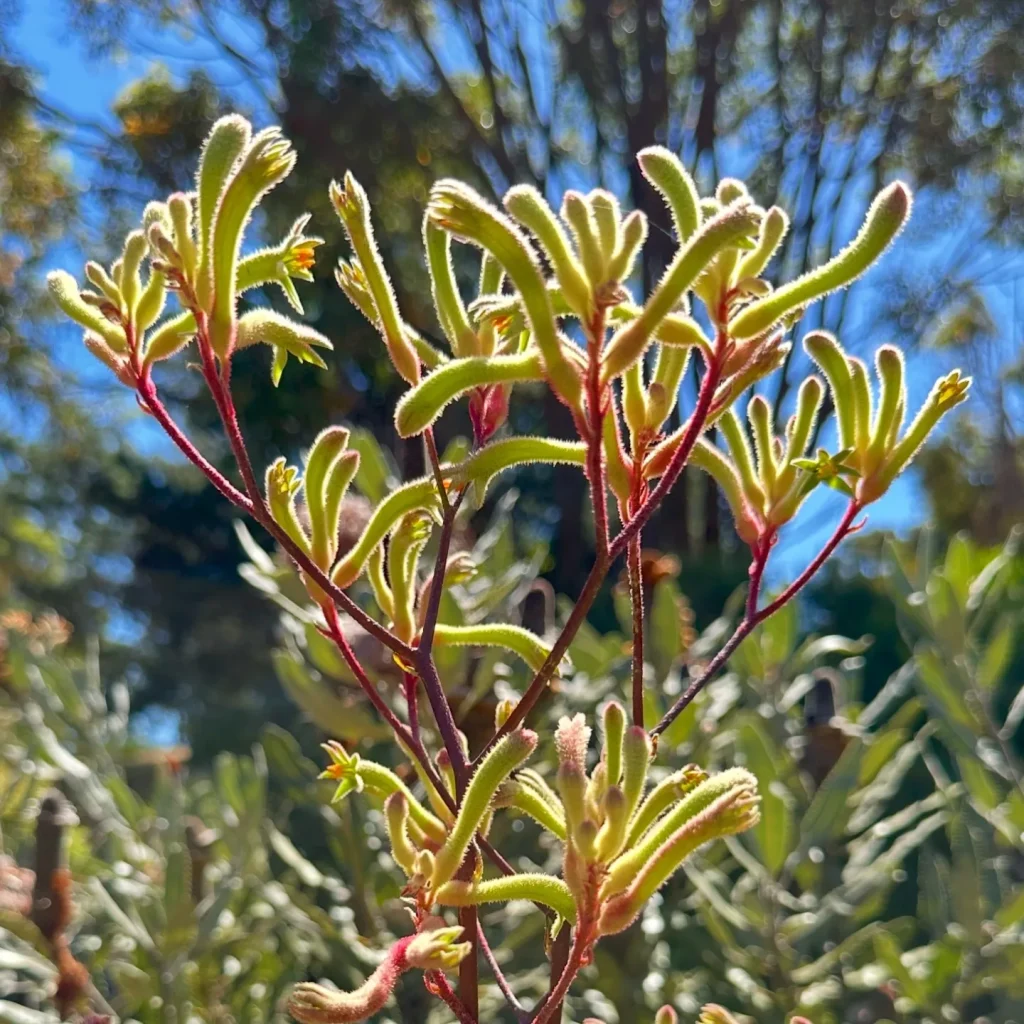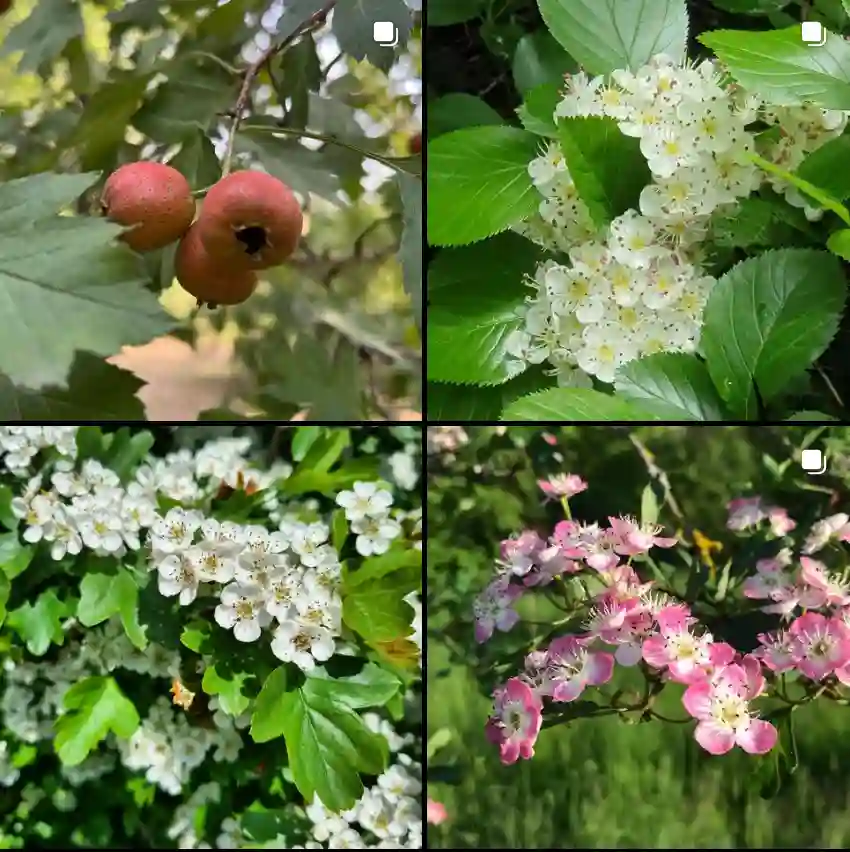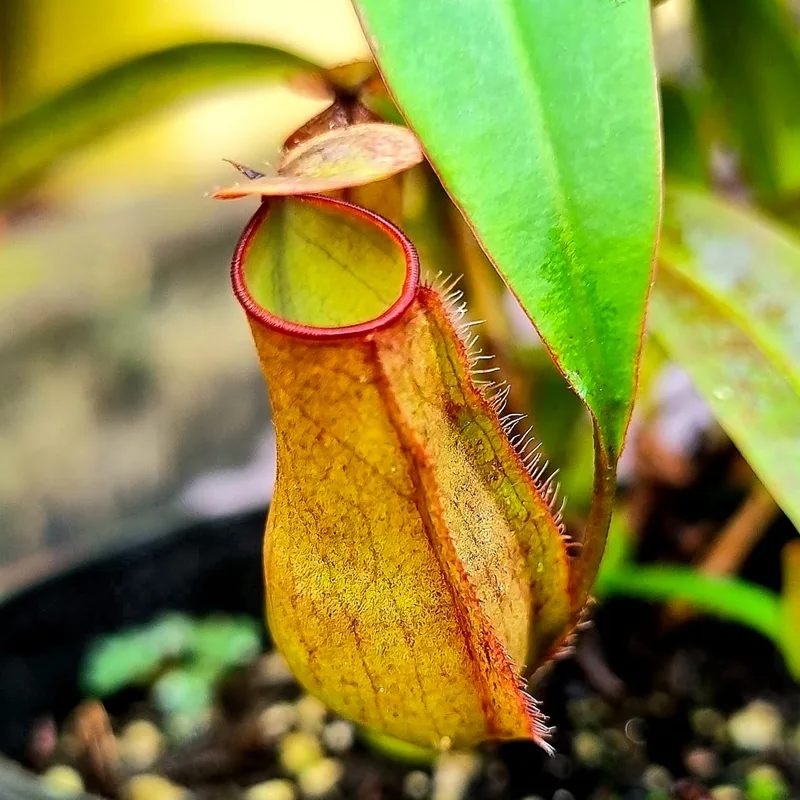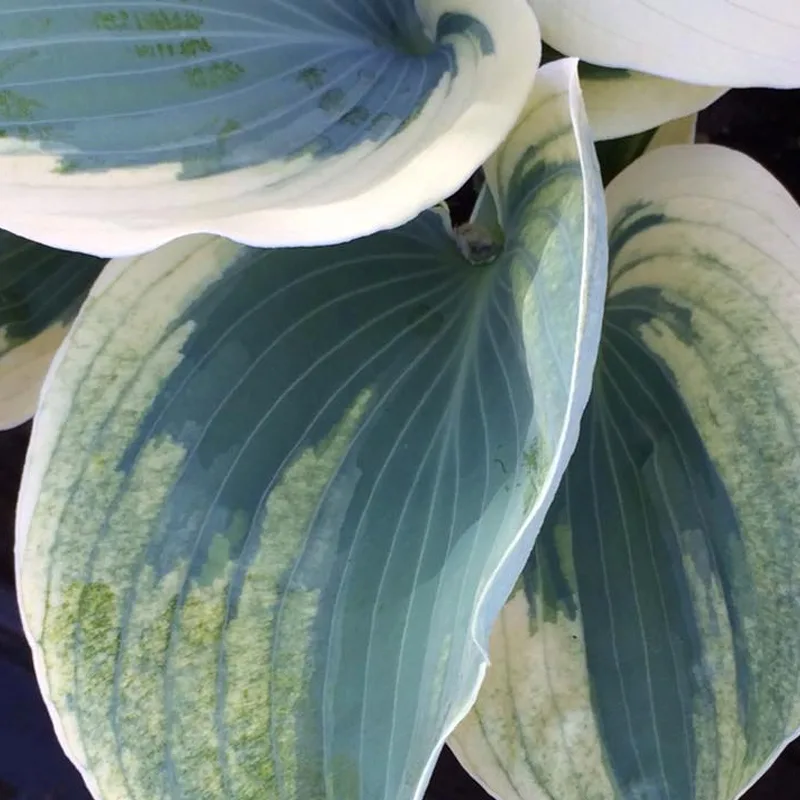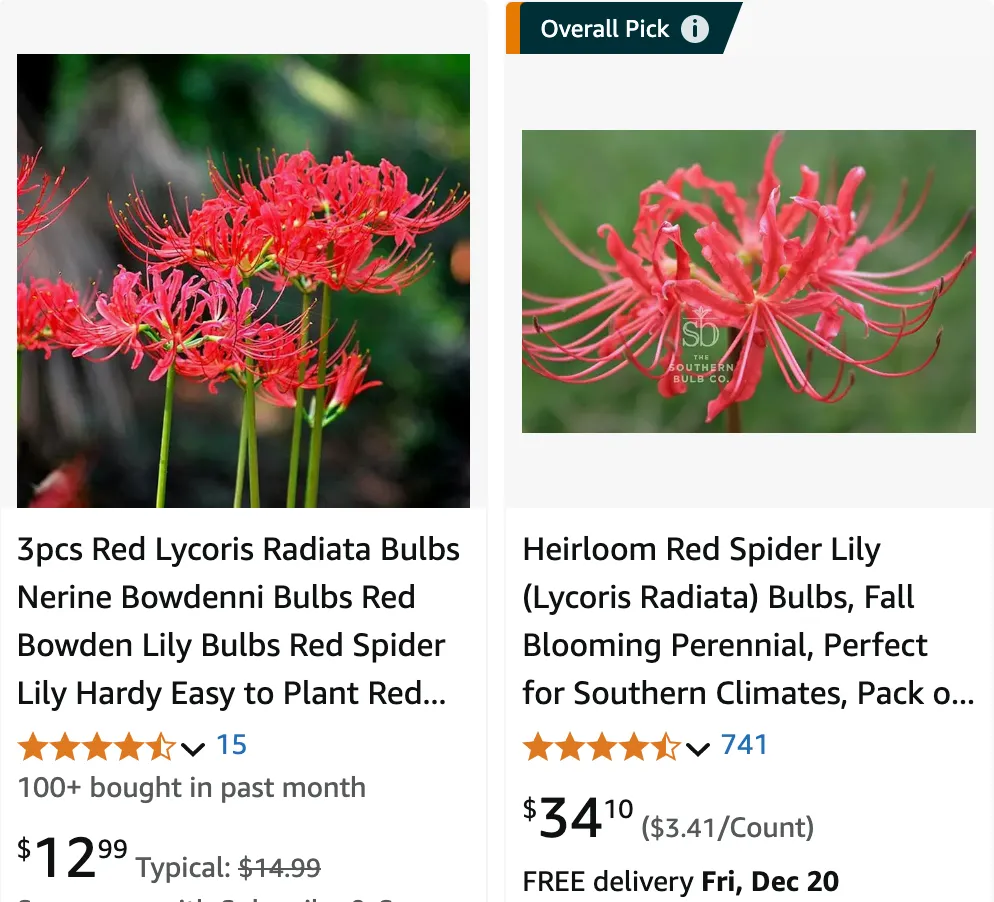
January 17 – Lycoris
“Lycoris, the mysterious spider lily, represents January 17.”
Lycoris symbolizes transformation and beauty. You embrace change with grace, and your enigmatic nature captivates those who meet you.
Lycoris: A Love Affair with the Resurrection Lily
My name is Ferb Vu, and I have a confession to make: I’m utterly captivated by Lycoris from the Amaryllidaceae family. These enigmatic flowers, also known as spider lilies, hurricane lilies, or surprise lilies, have woven their way into my heart with their unique beauty and intriguing life cycle. Native to East Asia, they bring a touch of the exotic to any garden, and their vibrant colors and delicate form never cease to amaze me.
A Floral Enigma
What truly sets Lycoris apart is their unusual growth habit. They seem to defy the norms of the plant world, appearing as if by magic. First, the foliage emerges in the spring, lush and green, only to wither and disappear as summer approaches. Then, just when you think they’ve gone for good, tall, naked stems shoot up from the ground, crowned with clusters of stunning blooms. It’s this unexpected resurgence, this “resurrection” from apparent dormancy, that gives them their captivating allure.
The flowers themselves are a spectacle to behold. Each blossom boasts a delicate structure with spidery petals and long, elegant stamens. They come in a range of vibrant hues, from the fiery red of Lycoris radiata to the golden yellow of Lycoris aurea. There’s a Lycoris to suit every taste, and their beauty is simply undeniable.
A Diverse Genus
The genus Lycoris encompasses a fascinating array of species, each with its own unique characteristics and charm. Here are:
- Lycoris radiata: Perhaps the most well-known species, Lycoris radiata is renowned for its striking red flowers, which often appear after the first autumn rains. It’s a symbol of both beauty and sadness in Japanese culture, often associated with farewells and the afterlife.
- Lycoris aurea: This species, also known as the golden spider lily, brings a touch of sunshine to the autumn garden with its vibrant yellow blooms. It’s a symbol of wealth and prosperity in some cultures.
- Lycoris squamigera: This species, commonly known as the resurrection lily or magic lily, produces fragrant pink flowers with a delicate trumpet shape. It’s a popular choice for gardens due to its hardiness and beauty. Plant FAQs: Lycoris Squamigera
- Lycoris albiflora: As its name suggests, this species boasts elegant white flowers, adding a touch of purity and grace to the landscape.
- Lycoris anhuiensis Y.Xu & G.J.Fan
- Lycoris argentea Worsley
- Lycoris caldwellii Traub
- Lycoris × chejuensis K.H.Tae & S.C.Ko
- Lycoris chinensis Traub
- Lycoris chunxiaoensis Q.Z.Li, Z.G.Li & You M.Cai
- Lycoris guangxiensis Y.Xu & G.J.Fan
- Lycoris haywardii Traub
- Lycoris houdyshelii Traub
- Lycoris × hubeiensis Kun Liu
- Lycoris hunanensis M.H.Quan, L.J.Ou & C.W.She
- Lycoris incarnata Comes ex Sprenger
- Lycoris insularis S.Y.Zhang & J.W.Shao
- Lycoris × jinzheniae S.Y.Zhang, P.C.Zhang & J.W.Shao
- Lycoris josephinae Traub
- Lycoris longifolia L.H.Lou
- Lycoris longituba Y.C.Hsu & G.J.Fan
- Lycoris rosea Traub & Moldenke
- Lycoris sanguinea Maxim.
- Lycoris shaanxiensis Y.Xu & Z.B.Hu
- Lycoris sprengeri Comes ex Baker
- Lycoris straminea Lindl.
- Lycoris traubii W.Hayw.
- Lycoris tsinlingensis P.C.Zhang, Yi Jun Lu & Ting Wang
- Lycoris wulingensis S.Y.Zhang
Cultivating the Magic
While Lycoris may seem like mystical beings, they’re surprisingly easy to cultivate. They prefer well-drained soil and thrive in full sun to partial shade. Once established, they require minimal care, making them a perfect choice for busy gardeners or those new to gardening.
One important thing to remember is that Lycoris bulbs need a period of dormancy in the summer. This means you should avoid overwatering them during this time, allowing the soil to dry out between waterings. This dormancy period is crucial for their unique growth cycle and ensures a spectacular display of blooms in the autumn.
A Personal Connection
My fascination with Lycoris goes beyond their aesthetic appeal. They symbolize resilience, reminding me that even when things seem bleak, beauty can emerge from unexpected places. Their ephemeral nature also serves as a reminder to cherish the present moment, as their blooms, though stunning, are fleeting.
I find immense joy in cultivating these enigmatic flowers, watching them transform from dormant bulbs to vibrant blooms. They bring a touch of magic to my garden, and their presence always fills me with a sense of wonder and appreciation for the natural world.
In Conclusion
Lycoris, with their captivating beauty and intriguing life cycle, have earned a special place in my heart. They’re a reminder that beauty can be found in the most unexpected places and that even in dormancy, there’s the potential for renewal and resurgence. Whether you’re a seasoned gardener or just starting out, I highly recommend adding these enchanting flowers to your garden. You won’t be disappointed.
If i die, water my plants!
